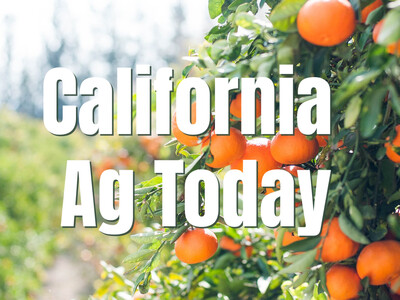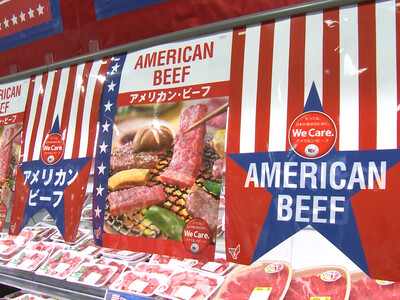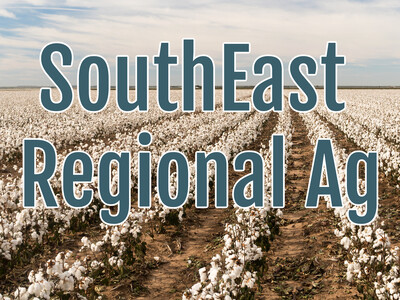Insurance Extension & Equine Herpes Virus Found
Insurance Extension & Equine Herpes Virus Found plus Food Forethought. I'm Greg Martin with today's Northwest Report.USDA's Risk Management Agency has announced an extension of the insurance period for apple Multi-Peril Crop Insurance policyholders to Thursday, November 20, 2014. The extension was approved due to an unprecedented extended warm autumn that caused the maturity of apples in the Pacific Northwest to be delayed. Approved Insurance Providers may authorize insured apple policyholders additional time to harvest on a case-by-case basis.
Two horses in Idaho's Bonneville County were euthanized after displaying symptoms of the Equine Herpes Virus. Dr. Scott Leibsle, Deputy State Veterinarian for the Idaho Department of Ag says this seems to have been an isolated case.
LEIBSLE: This is the first confirmed case of neurologic EHV-1since the 2011 cases associated with Ogden, Utah. The affected facility was a private farm that reported no history of travel or movement of horses on or off the property in recent months. The remaining horses on the facility as well as neighboring farms have been informed of the situation and are currently being monitored for symptoms. However there have been no reports of clinical symptoms or suspect cases of EHV-1 at this time.
Now with today's Food Forethought, here's Lacy Gray.
Well, as I write this voters in Colorado have rejected a GMO labeling initiative, and in Oregon a similar initiative is on the downhill slide to defeat, albeit by a very close margin. If passed, both bills would have required the labeling of all foods containing ingredients from genetically modified crops. In other matters of voters and gmo crops in Maui County, Hawaii voters squeaked by a measure that temporarily bans genetically engineered crops, despite opponents of the measure raising a whopping $7.9 million to defeat the bill. Opponents of that bill say they are concerned that "local farmers, businesses and taxpayers will be negatively impacted by the passage of this scientifically unjustified, deeply flawed and irresponsible proposal." As I have said before, here in lies the rub. A large percentage of consumers admit to not knowing a lot about GMO foods and whether they pose any actual health risks. Their fear is that they might; stressing the point that GMO labeling isn't so much about the health dangers of genetically modified foods, but about the consumer's right to know what's in their food.
Thanks Lacy. That's today's Northwest Report. I'm Greg Martin on the Ag Information Network.














